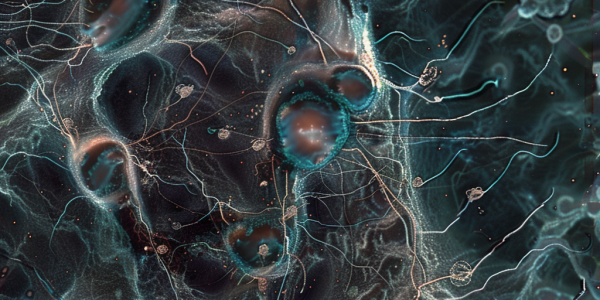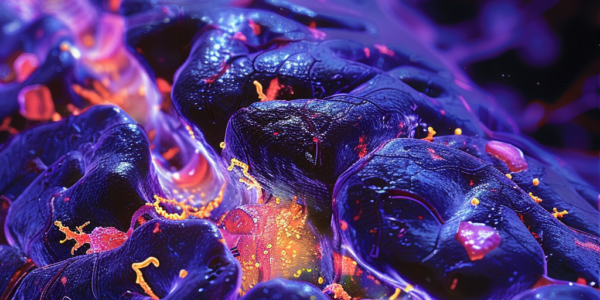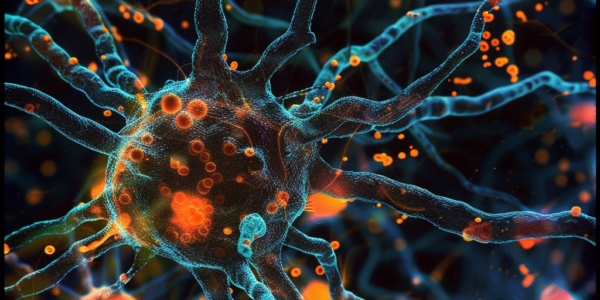Potential Breakthrough in Treating Autonomic Dysfunction After Spinal Cord Injuries
Recent studies suggest a potential breakthrough in treating autonomic dysfunction resulting from spinal cord injuries. By depleting specific nerve cells called microglia, researchers aim to prevent abnormal nerve growth and rewiring that lead to life-threatening responses like heart attacks and strokes. Experimental studies in mice show promise in suppressing microglia to prevent autonomic dysfunction, offering hope for enhancing quality of life for individuals with spinal cord injuries.
New Study Targets Microglia to Fight Alzheimer’s Disease
Researchers at Washington University School of Medicine are focusing on mobilizing microglia, the brain’s immune cells, in the fight against Alzheimer’s disease. Dr. Marco Colonna’s study explores targeting a receptor on microglia to combat harmful amyloid plaques. By developing an antibody to block the receptor, the team reduced plaque formation in animal models. This research opens new possibilities for Alzheimer’s drug development beyond current FDA-approved medications.
Study Reveals TREM1’s Role in Disrupting Myeloid Bioenergetics and Cognitive Function in Aging and Alzheimer’s Disease Mouse Models
Groundbreaking findings on the role of TREM1 in disrupting myeloid bioenergetics and cognitive function in aging and Alzheimer’s disease mouse models. Trem1 deficiency prevents age-dependent changes in myeloid metabolism, inflammation, and hippocampal memory function in mice. The study provides insights from postmortem Alzheimer’s disease brain samples, revealing the potential role of TREM1 in promoting cognitive decline in aging and in the context of amyloid pathology.
Study Shows Microglia Play Crucial Role in Brain’s Recovery from Anesthesia
Recent study by Mayo Clinic reveals the crucial role of microglia in aiding the brain’s recovery from anesthesia, offering potential for innovative treatments for anesthesia-related complications. Microglia engage with neurons and inhibitory synapses to mitigate the aftereffects of anesthesia, enhancing neuronal activity for brain awakening. Understanding the pivotal role of microglia in aiding the brain’s awakening process post-anesthesia opens new possibilities for managing and mitigating the adverse effects of sedation.




